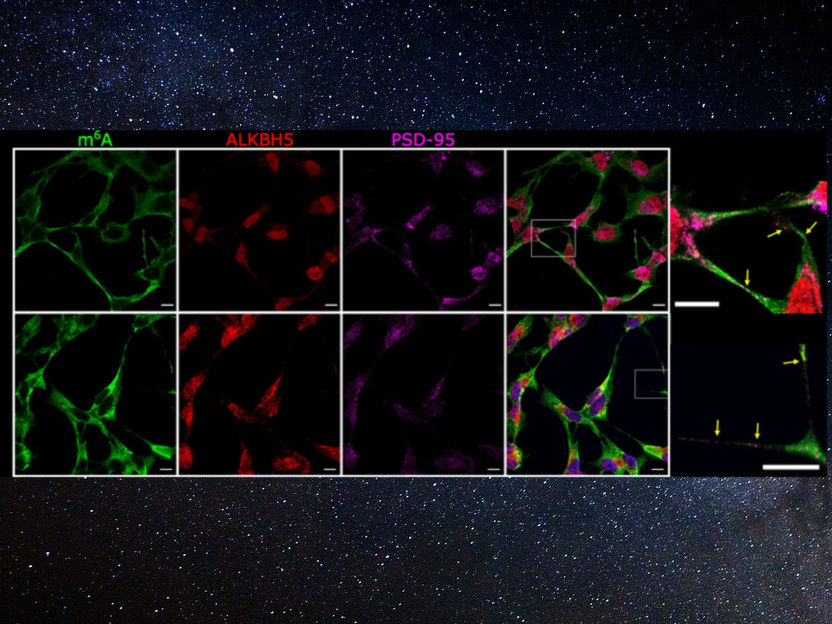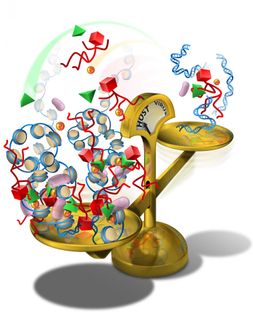Scientists identify possible key in virus, cancer research
Researchers have taken a big step forward in the fight against cancer with a discovery that could open up the door for new research and treatment options.
Fanxiu Zhu, the FSU Margaret and Mary Pfeiffer Endowed Professor for Cancer Research, and his team uncovered a viral protein in the cell that inhibits the major DNA sensor and thus the body's response to viral infection, suggesting that this cellular pathway could be manipulated to help a person fight infection, cancer or autoimmune diseases. They named the protein KicGas.
"We can manipulate the protein and/or the sensor to boost or tune down the immune response in order to fight infectious and autoimmune diseases, as well as cancers," Zhu said.
The study was published in the journal Cell Host and Microbe.
Zhu leads a research team investigating how DNA viruses can cause cancer, a major focus of researchers worldwide. About 15 percent of human cancer cases are caused by viruses, so scientists have been seeking answers about how the body responds to viral infection and how some viruses maintain life-long infections.
In the past few years, researchers finally identified the major DNA sensor in cells, known as cGas. That spurred researchers to further examine this sensor in the context of human disease because ideally that sensor should have been alerting the body to fight disease brought by a DNA virus.
Essentially, a DNA virus is an intracellular parasite that contains genetic material. Several notable diseases including smallpox, herpes, and chickenpox are caused by DNA viruses.
So the discovery of this protein is critical to further exploration of how these DNA viruses work and how they can be thwarted.
To uncover this protein, Zhu's team studies Kaposi's sarcoma-associated herpesvirus (KSHV), a human herpesvirus that causes some forms of lymphoma and Kaposi's sarcoma, a cancer commonly occurring in AIDS patients and other immunocompromised individuals.
In this study, researchers screened every protein in a KSHV cell and ultimately found that one of them directly inhibited the DNA sensor called cGAS. They infected human cell lines with the Kaposi's sarcoma virus to mimic natural infection, and found when they eliminated the inhibitor protein the cells produced a much stronger immune response.
Most read news
Other news from the department science

Get the life science industry in your inbox
By submitting this form you agree that LUMITOS AG will send you the newsletter(s) selected above by email. Your data will not be passed on to third parties. Your data will be stored and processed in accordance with our data protection regulations. LUMITOS may contact you by email for the purpose of advertising or market and opinion surveys. You can revoke your consent at any time without giving reasons to LUMITOS AG, Ernst-Augustin-Str. 2, 12489 Berlin, Germany or by e-mail at revoke@lumitos.com with effect for the future. In addition, each email contains a link to unsubscribe from the corresponding newsletter.
Most read news
More news from our other portals
Last viewed contents
Encephalitis
Prunus_spinosa
Oxyglobin
Category:Austrian_anatomists
Engineering researchers use laser to 'weld' neurons
Carpometacarpal_joint
Thorium(IV)_iodide
Sphenoparietal_sinus
Pulse




















































